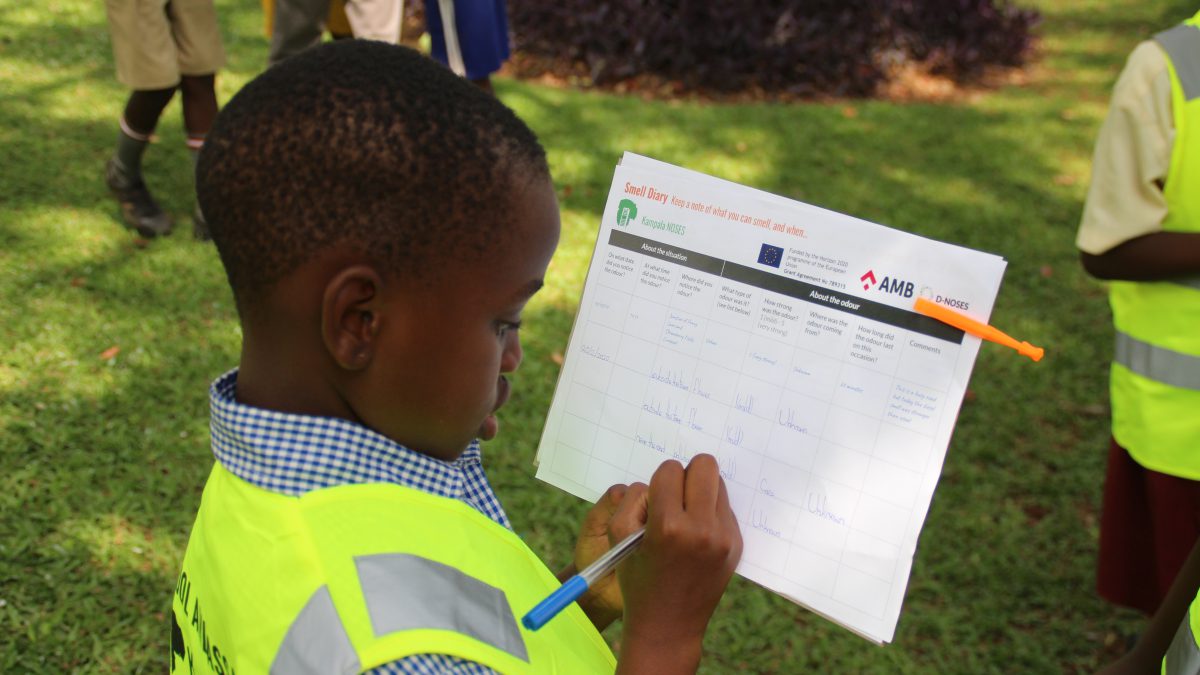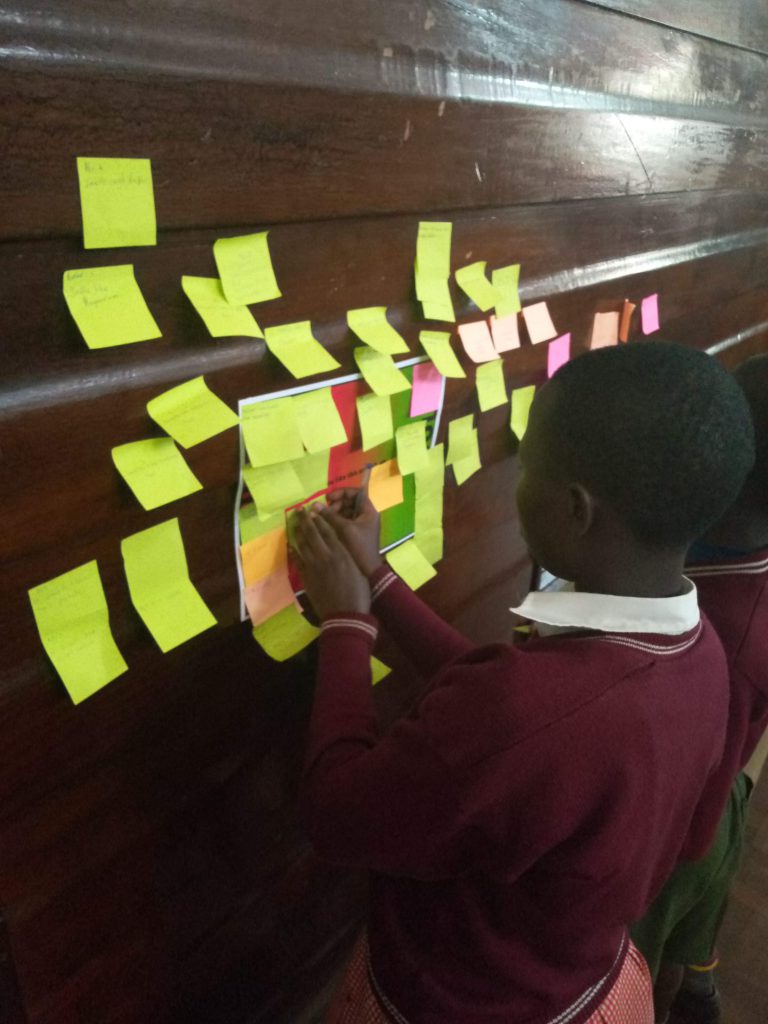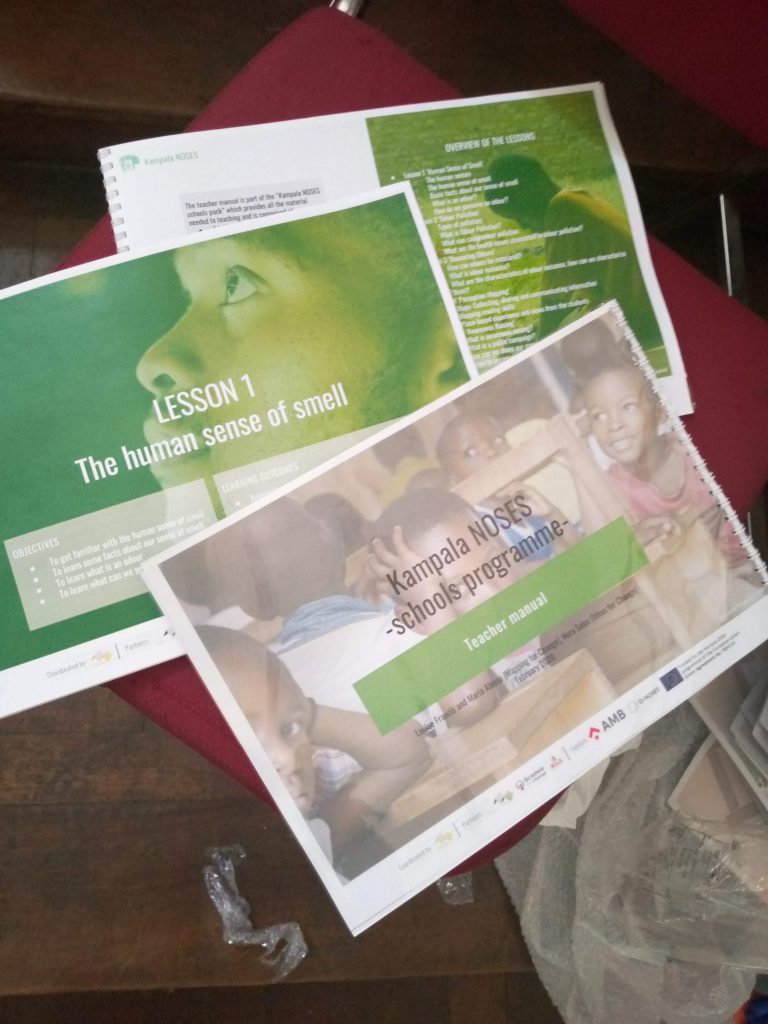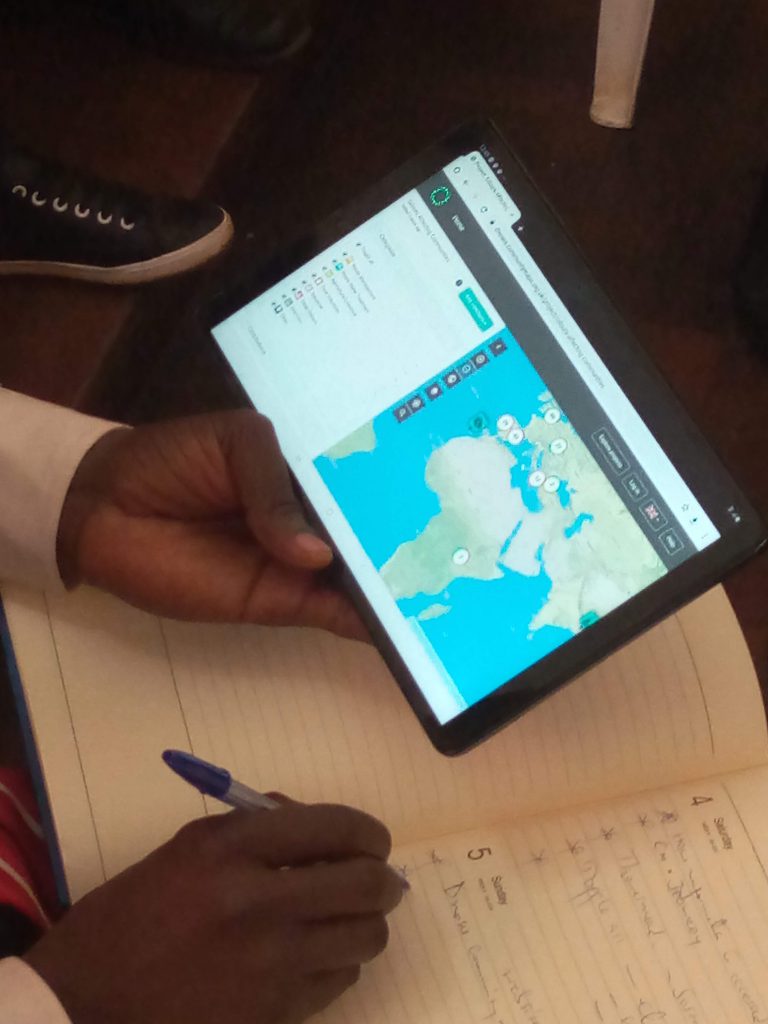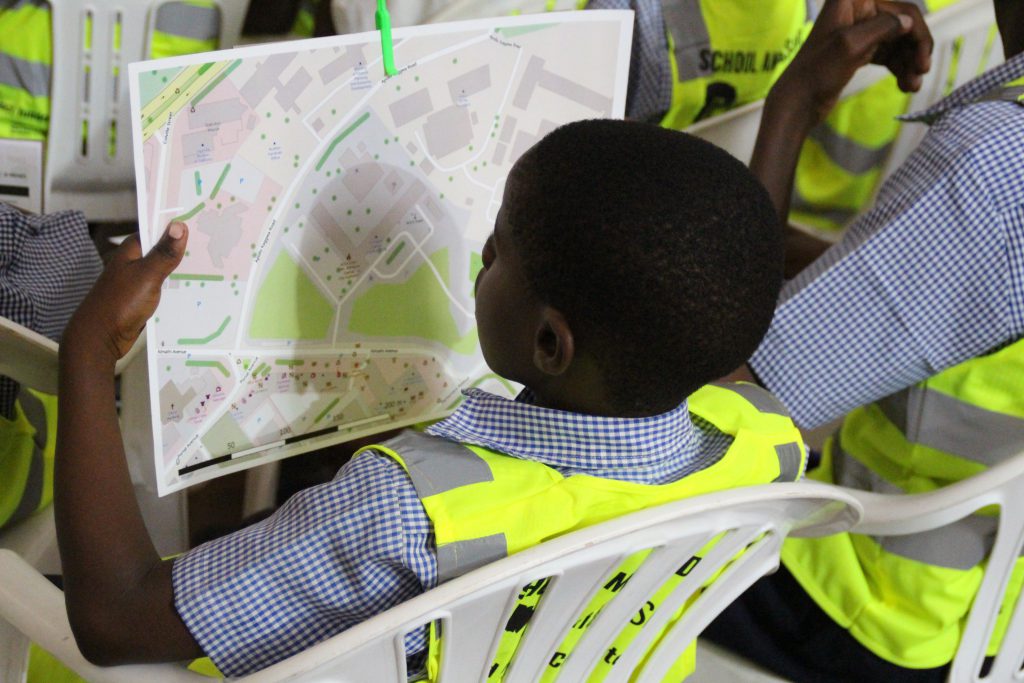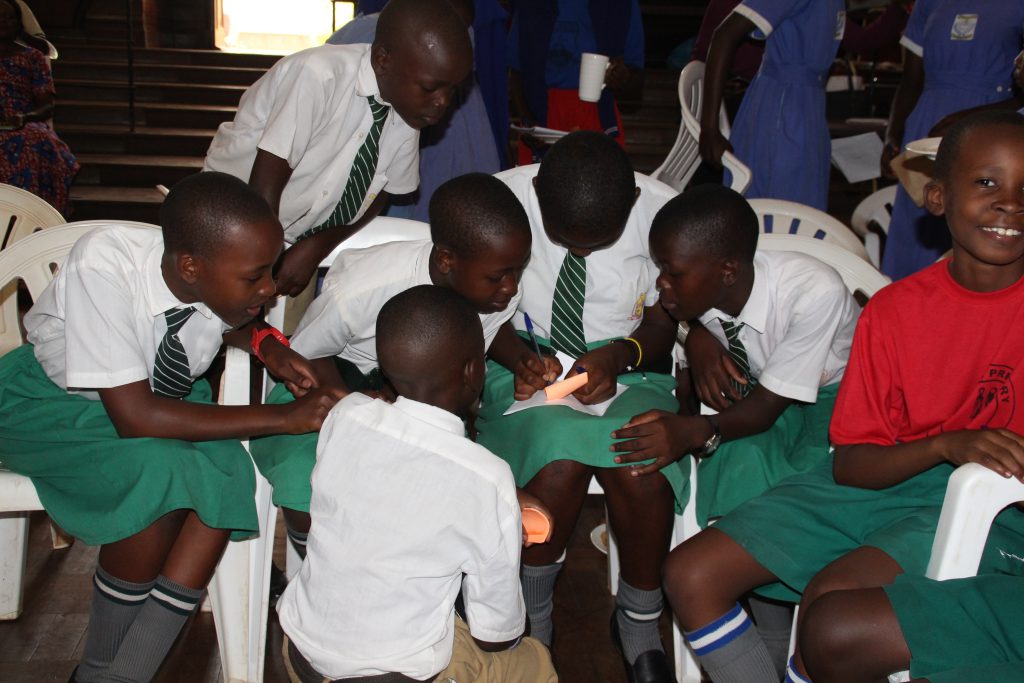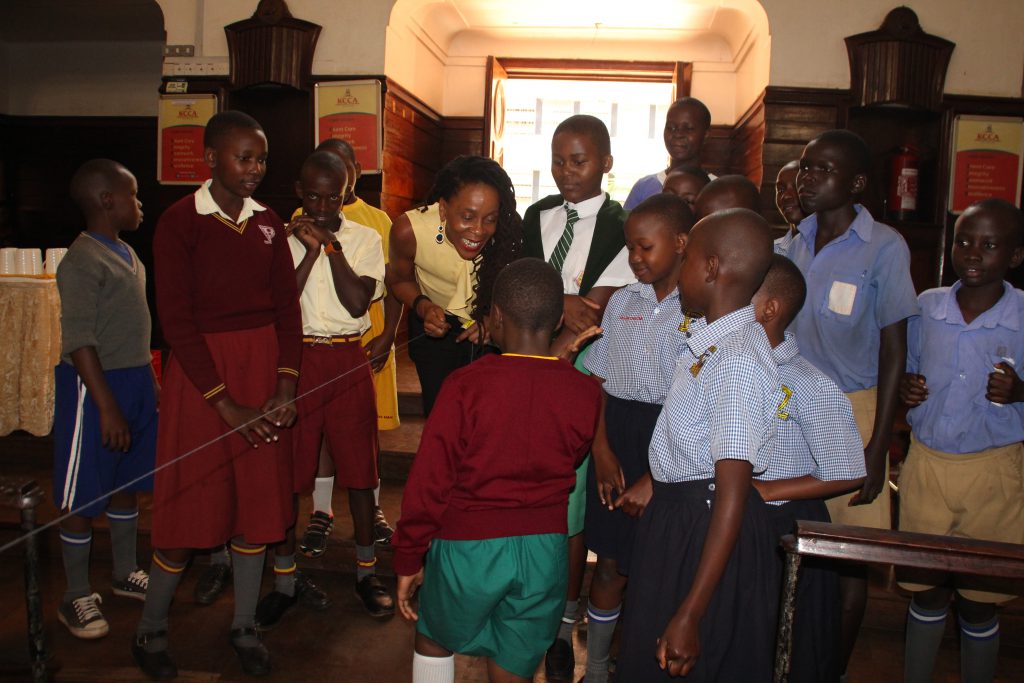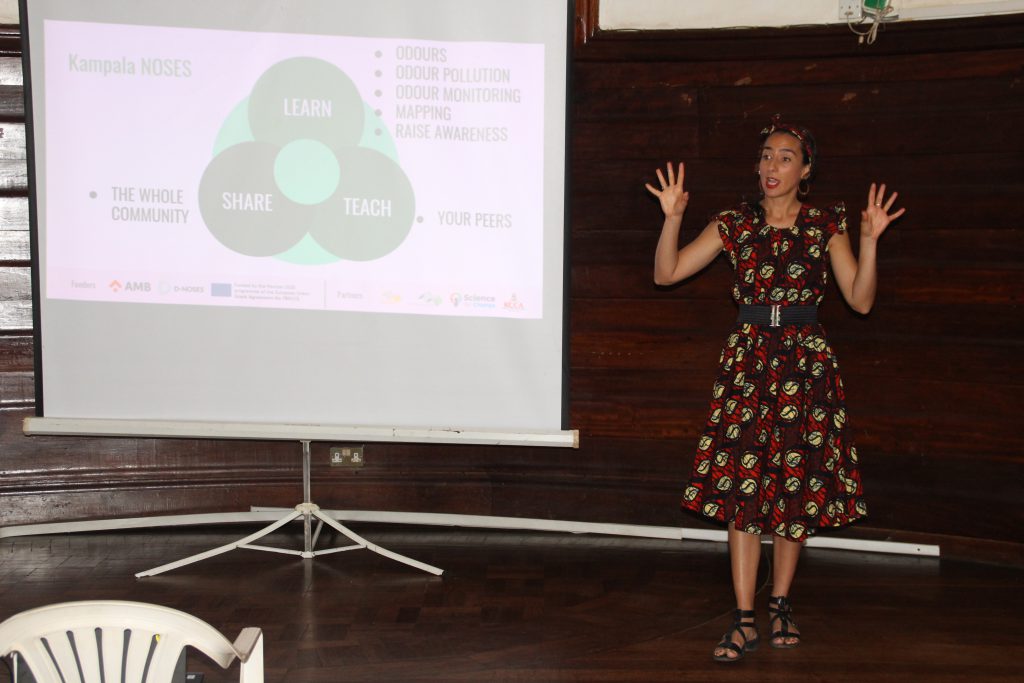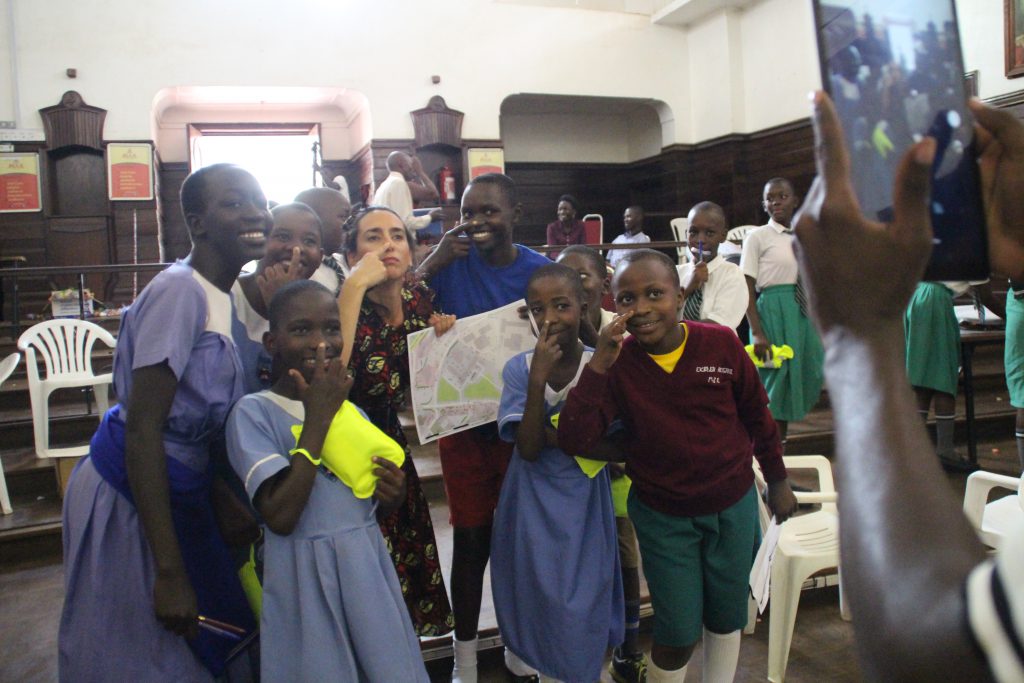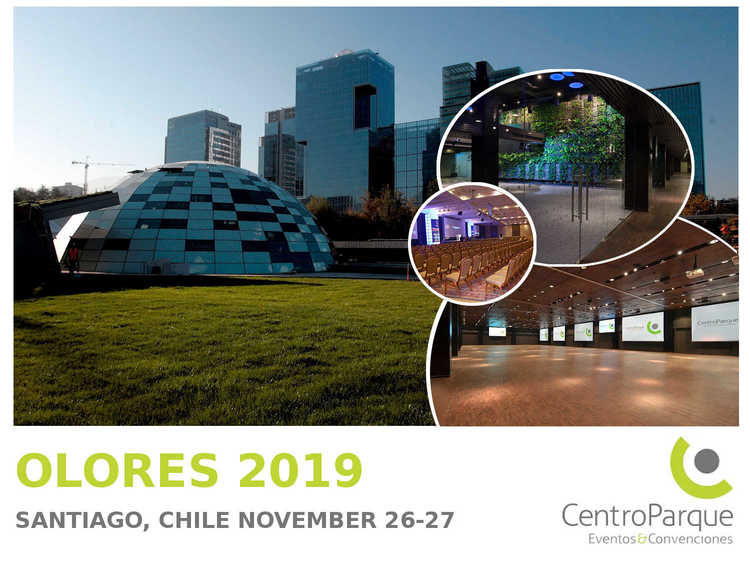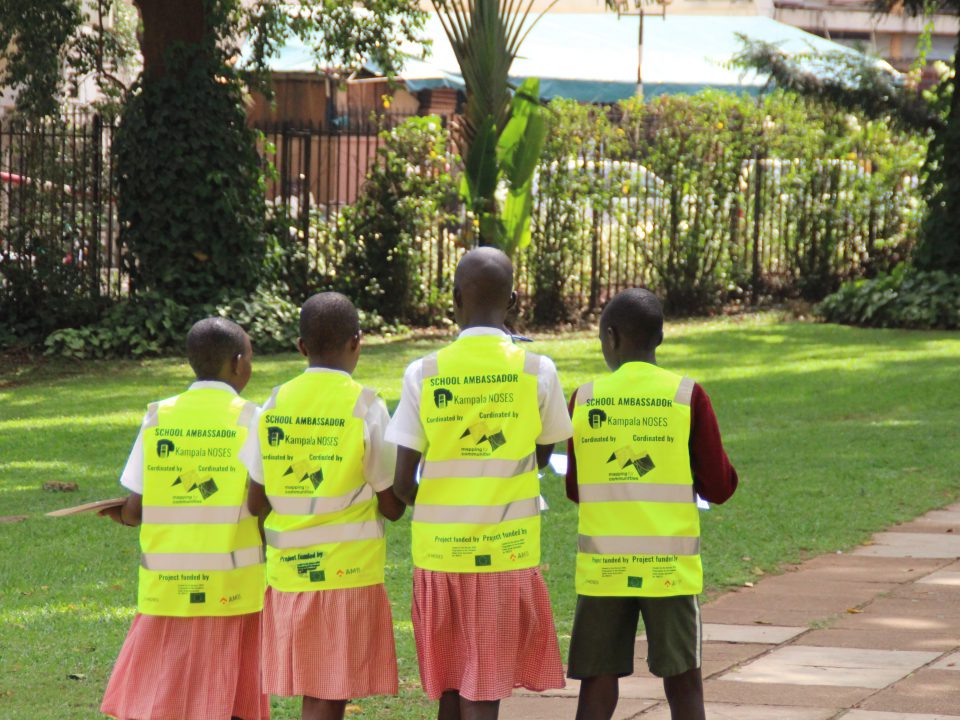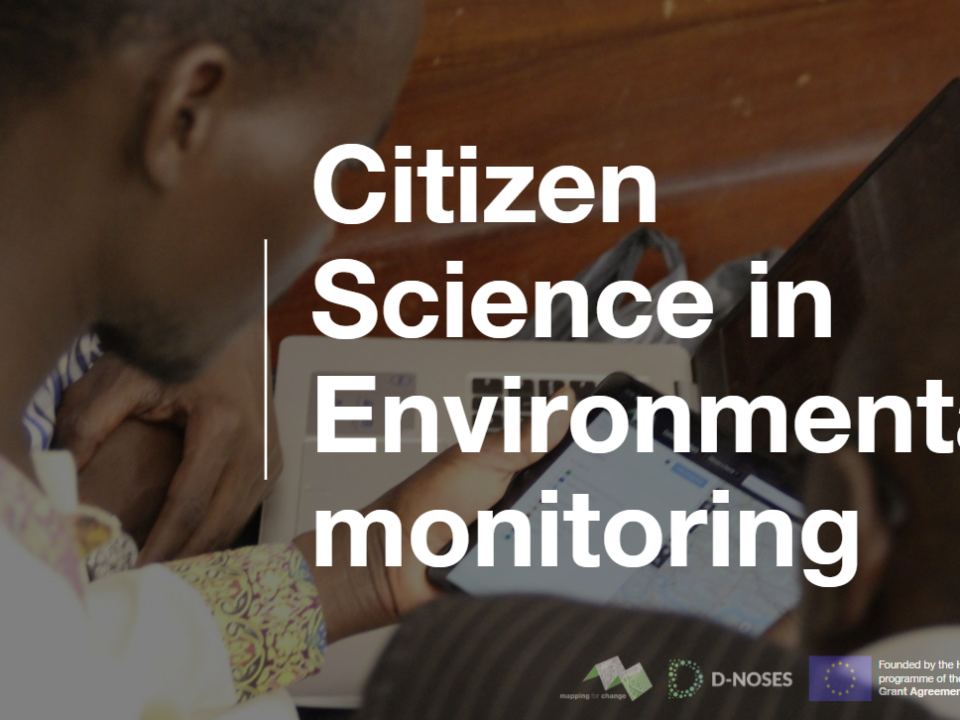- Happy or unhappy with the Odour Observatory? Tell us here!

A Guide To: D-Noses’ Odour Policy Brief
March 20, 2020
Lockdown: less polluted air, more odours?
June 23, 2020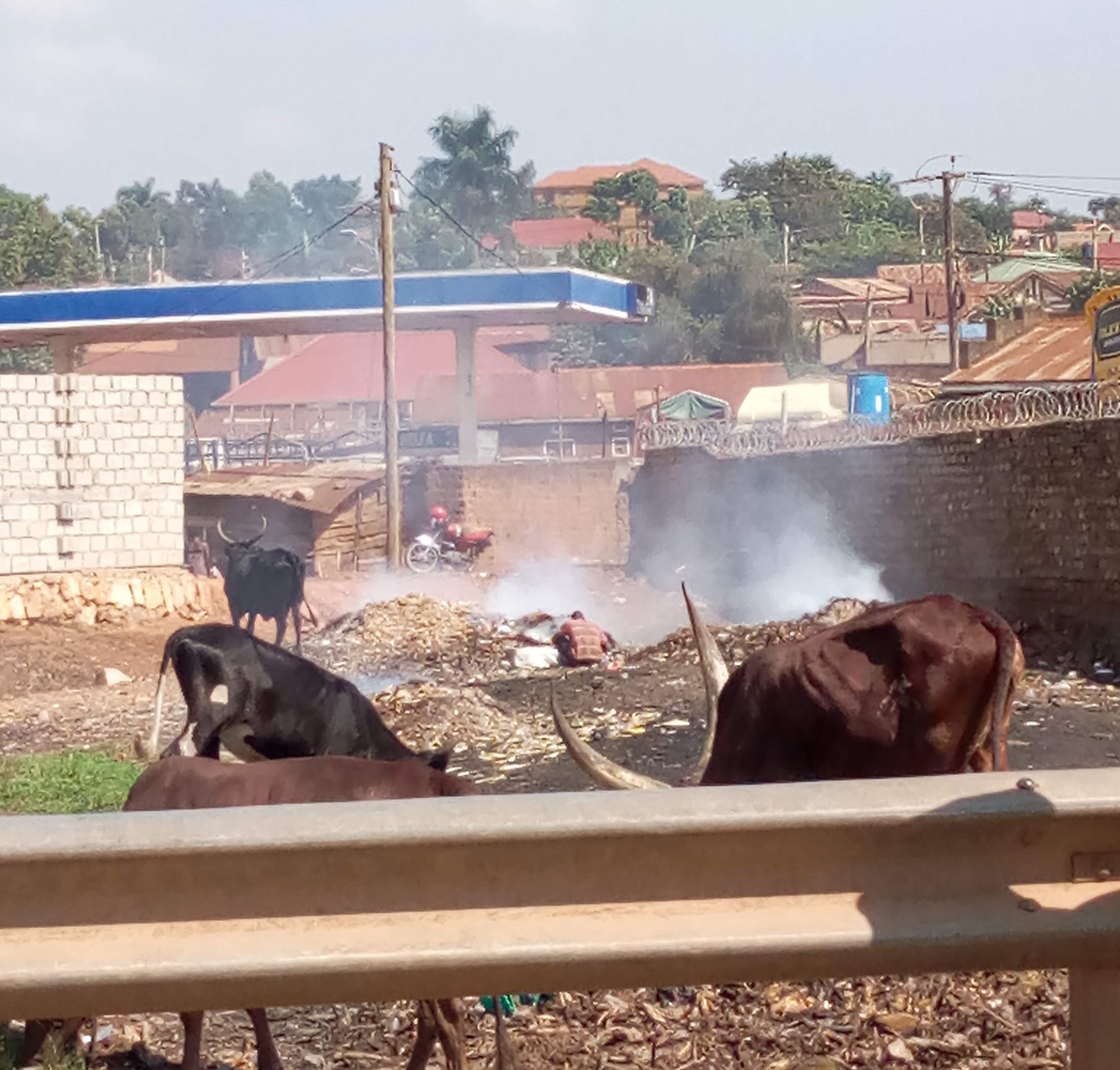
Kampala NOSES aims to raise awareness about the odour around the city and identify possible ways to reduce it. However, this is no mean feat when the main cause of odour is due to overstretched resources for managing domestic and commercial waste. This coupled with a lack of education around the health implications of burning rubbish, including plastics, can sometimes make for a dangerous and smelly place to live.
Kampala is one of the ten pilot sites across the globe to develop and test a new approach to tackle odour pollution, based on engaging and bringing together communities, industries and the public administration. This forms part of the EU funded project D-Noses.
.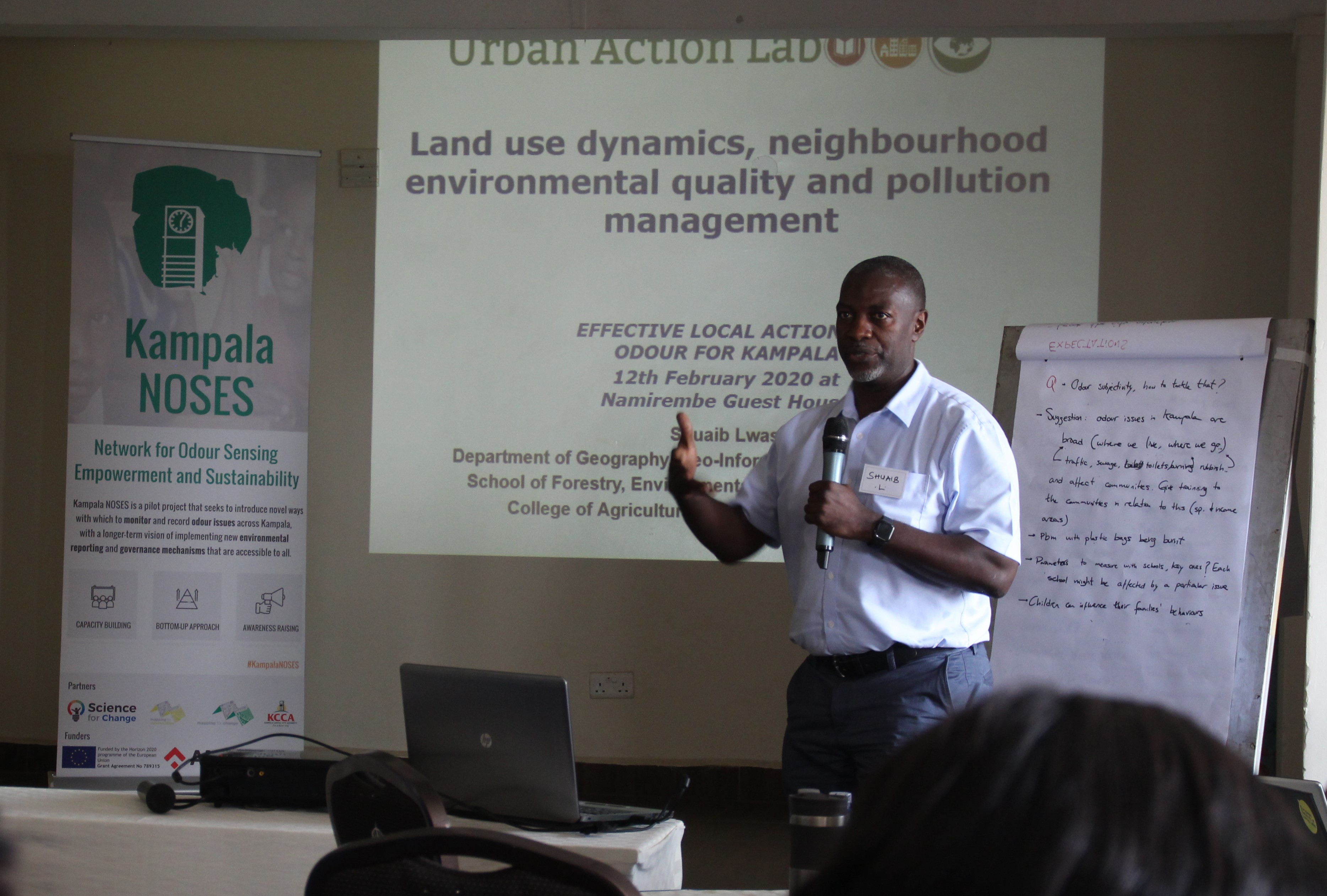
Professor Lwasa, Head of Makerere’s Urban Action Lab addressed different points during his presentation, linking the geographical aspects of Kampala city with environmental and pollution management, and behaviours. He went on to share how their research project, Urban Know is looking to examine alternative means of managing organic waste and on taking on an opportunities creation approach.
Our experience has taught us that to initiate sustained change we need to engage citizens, especially those affected, and children are the most affected of all when it comes to breathing in the polluted air caused by burning uncollected waste. To this end, we initiated the Kampala NOSES integrated schools programme. This aims to kickstart an awareness raising campaign and encourage pupils and teachers to collect new evidence of odour pollution hotspots across the city. The programme also seeks to cultivate girls’ interest in STEM subjects through science education and capacity building with the hope that this will empower them to take action on environmental issues that affect themselves and their communities.

Sensory Walk 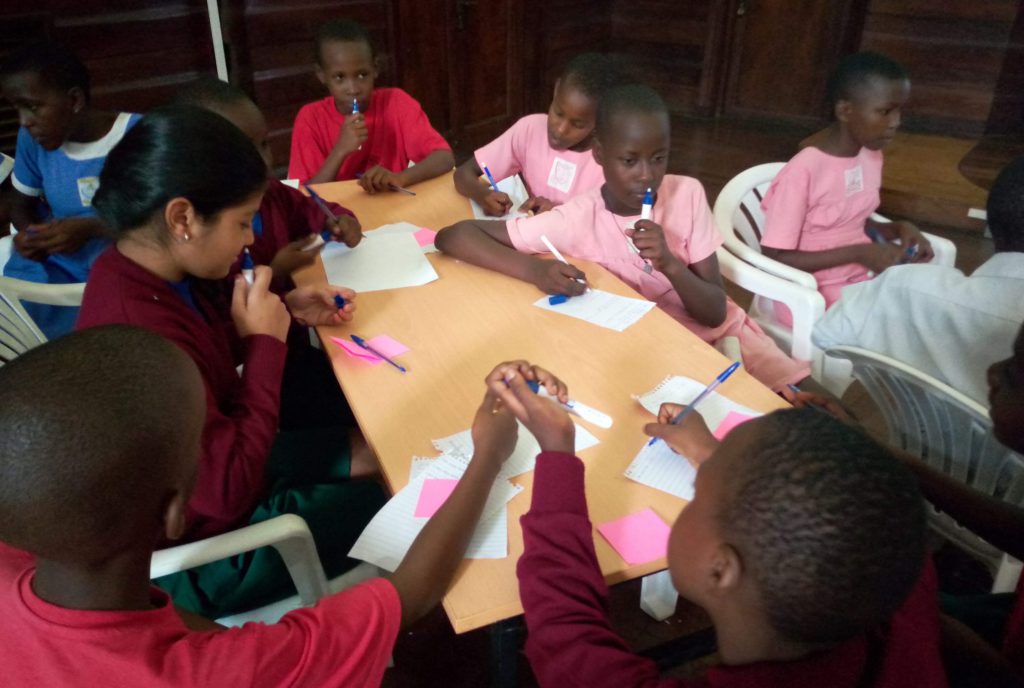
Smell perceptions using smell pens
Twenty teachers from schools across Kampala were introduced to the project during a series of workshops where supporting material and the Community Maps platform were used as training aids. A further days session brought sixty children from across the city together to learn more about odour. During this session, a group of Ambassadors were recruited to share their learnings and go on to co-create awareness raising campaigns to be held in Kampala markets later in the year (a particularly evident source of waste). Each school that the pupils and teachers attend were given a schools toolkit that comprises various teaching resources and materials broken down into seven units so the whole school can learn about the issues of odour in their city.
Moving forward, we will support our sister NGO Mapping for Communities in building momentum, raising awareness and collecting data to help inform future actions from KCCA and NEMA. The Area of Environment and the International Cooperation Service of The Barcelona Metropolitan Area (AMB) are collaborating in the “Kampala D-NOSES” project by providing technical and financial support, which is also being co-funded by the European Union.

